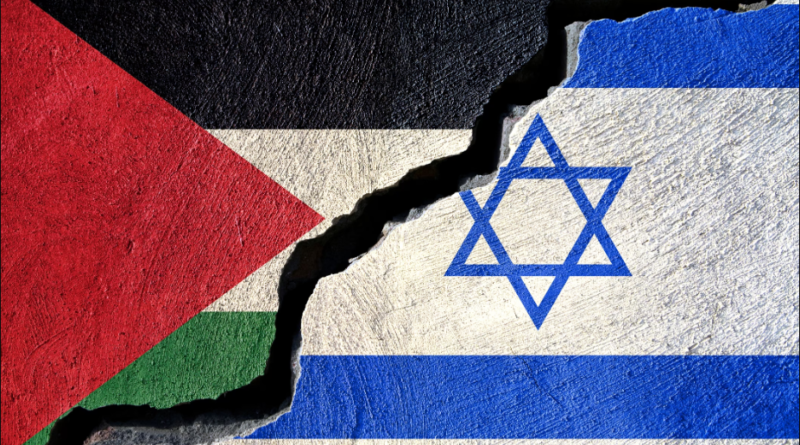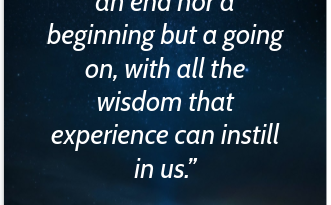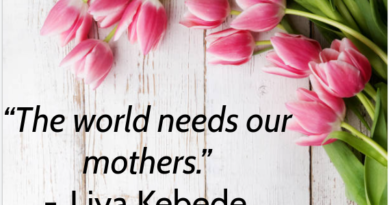An Update on the Current Israel-Palestine Conflict
In my last article on the current conflict between Israel and Palestine, I outlined key events of the conflict and public reaction to the war as a whole. However, the war has had a domino effect around the world. Here’s a rundown of the international events that have happened as a result of the conflict.
UN Security Council Resolutions
On October 16, the UN Security Council failed to adopt a resolution proposed by Russia that would have called for a ceasefire in Gaza. Five countries, including Russia, China, and the United Arab Emirates, voted in favor of a ceasefire. Six countries, including Brazil, Ecuador, and Ghana, abstained from voting. Finally, France, Japan, the United Kingdom, and the United States voted against the resolution.
For the resolution to pass, nine countries would have been required to vote in its favor. In addition, all five permanent members of the Council (China, France, Russia, the UK, and the US) would have to vote in its favor (or not veto the resolution) for it to pass.
However, on December 22, the Council adopted a resolution urging Israel and Hamas to comply with international humanitarian laws, especially concerning the protection of civilians and humanitarian assistance. Thirteen members of the Council voted in favor, while the United States and Russia abstained from voting.
Houthis Attack
On November 19, the Houthis, an Iran-backed militant group based in Yemen, started conducting air strikes on commercial vessels in the Red Sea. Though the group has not explicitly stated its reasons for these attacks, many believe that they are intended to hurt Israel and its allies economically since these vessels are an important part of the global economy.
Due to these attacks, on January 12, the US and British military launched strikes against Houthi targets, killing five and wounding six. With Iran announcing that the attacks by the Houthis and other militant groups will continue until the Israel-Palestine conflict ends, there are fears that the violence in the region will escalate.
International Court of Justice Case
On December 29, South Africa brought a case against Israel at the International Court of Justice, claiming that Israel is committing genocide in Gaza. On January 11, representatives for South Africa appeared before the Court. They presented their arguments, which included the assertion that Hamas’ attacks did not justify Israel’s response, which has killed over 27,947 people and injured over 67,459. On January 12, Israeli representatives presented their arguments before the Court, claiming that South Africa was trying to change the definition of the word “genocide” and that the actions of the Israeli government did not reflect genocidal intent.
On January 26, the ICJ ruled in favor of South Africa and ordered Israel to do everything in its power to prevent genocidal acts. However, since the ICJ has no power to enforce its rulings, Israel is not obligated to respond to the ruling.
Chicago’s Call for a Ceasefire
After months of protests and demonstrations, on January 31, the Chicago City Council voted to pass a resolution in favor of a ceasefire in Gaza. The final vote was delayed for an hour due to protests in favor of the resolution, and Mayor Brandon Johnson had to make the tie-breaking vote in the end.
However, Chicago isn’t the first city to do so. City councils in Detroit, San Francisco, and Atlanta passed similar resolutions before Chicago, but the Windy City’s resolution caused the most controversy due to the divisive nature of the vote.
Pro-Palestine Protests in the US
Since the middle of October, pro-Palestinian activists have been organizing protests throughout the US. Cities such as Washington D.C., Chicago, Atlanta, and San Francisco have seen hundreds and even thousands of people marching and calling for a ceasefire.
However, these protests have not come without controversy. On January 13, protestors went to D.C. and attempted to block the commutes of government officials to demand a ceasefire. 23 people were arrested under a D.C. code that prohibits crowding, obstructing, or incommoding in public areas, and protestors in other areas have been arrested for similar reasons.
In conclusion, the Israel-Palestine war has had enormous ramifications throughout the world. Even when it ends, its effects will continue for many years.
Image Credits: World Peace Tracts




